Heart-Opening Education
backbend
HEART-OPENING EDUCATION
There is a great deal to learn with regard to heart-opening postures. Of course, negotiating the execution and being aware of the anatomy involved in various heart-opening poses are some of the initial considerations. There is also, however, a psychological aspect that must be contemplated so that a solid foundation may be cultivated. The psychological aspect comes from how the nervous system contributes to the experience within our physical bodies when we are exploring heart openers. What’s important overall is to remain open to gathering a broad spectrum of information and continuing to be a student. Today we’ll dive into some of the physical techniques and psychological aspects of heart opening that Matt teaches in order to maximize our potential for greater expansion.
FREEDOM OF THE HEART
- Learn how to access pain-free heart openers
- Technique-infused 2-hour workshop
- Step-by-step tutorials for each heart opener
- Decrease low back discomfort
- Increase spinal strength, stability, and support
- Improve your standing and seated postures
- Improve the flexibility of commonly stuck muscle groups
- Injury Awareness: Avoiding spinal compression
- Debunk popular alignment with anatomy knowledge
- Skillfully guided sequence by the founder of Chromatic Yoga, Matt Giordano
- LIVESTREAM DATE: June 9 at 10am Eastern Time (NYC Timezone)
- REPLAY: Available immediately, lifetime access
THE ROLE OF THE NERVOUS SYSTEM
In the full class, Matt explains the balance we need for an expansive yet strong backbend. By “balance,” he means finding the “sweet spot” on the spectrum between the parasympathetic and the sympathetic nervous system. Why is this relevant?
First, we must understand the difference. The parasympathetic nervous system is associated with the ability to “rest and digest,” which implies an ability to surrender. In contrast, the sympathetic nervous system is associated with “fight or flight,” preparing the body for activity. Both systems are necessary, offering us what we need when it’s appropriate to soften and when it’s appropriate to gather energy. These two ends aptly describe heart-opening postures. There’s a strength required from the back body, while the opposite is true for the front body—length and flexibility are essential here.
WATCH THE VIDEO
HEART OPENING EDUCATION: ESTABLISH A SOLID FOUNDATION
STRETCH VERSUS STRENGTH: THE ANATOMY
In regard to the skeletal system, one of the goals of heart-opening postures is to develop increased opening between each vertebra, or more specifically, opening at the front by moving the spinal column forward, allowing for the intervertebral discs to slide forward.
As for which muscles to strengthen, some of the primary ones we’re looking at are the rhomboids and the middle and upper fibers of the trapezius. Actively engaging these muscles will contribute to bringing the shoulder blades towards the spine (retraction).
In terms of stretching, in heart-opening postures we are generally stretching the pectoralis major and minor muscles, the rectus abdominis, and the anterior deltoid muscles.
Part of the appropriate patterning in our bodies throughout a heart-opening yoga practice is to intentionally train the activation of the muscles we’re strengthening so that the front body automatically responds with the stretch.
200 HOUR ONLINE TEACHER TRAINING
GET CERTIFIED & DEEPEN YOUR YOGA PRACTICE
- Deepen your yoga practice
- Build confidence speaking in front of groups in person and online
- Learn foundational class structures and templates
- Learn techniques for a wide range of yoga postures
- Get certified and highly qualified to teach yoga
- Yoga Alliance Globally Recognized Certification Program
STRETCH VERSUS STRENGTH: FOUNDATIONAL POSTURES
Locust Pose Variation
In the video, Matt delves right into an important action, shoulder elevation, that takes place before the retraction of the scapulae. This allows for more space and increased range in the retraction. The clasp of the hands and lift of the heart effectively strengthen the previously mentioned muscles in the back body. Matt also demonstrates how to use a strap to maximize the benefits of stretch and strength in this posture.
3-Part Cobra Pose Variations
If we’re really interested in learning how to isolate the various sensations we experience in a heart-opening posture, then this foundational pose is an absolute must! Matt offers 2 variations (1 without any props and 1 with a bolster).
300 HOUR ONLINE TEACHER TRAINING
GET 500 HOUR CERTIFIED AS A MASTER TEACHER
Master your skill set as a teacher through refined techniques, anatomy, biomechanics, sequencing, philosophy, meditation techniques, theming, yoga business, and much more!
- Get 500 hour certified
- Learn anatomy, biomechanics, asana techniques
- Expand your teaching skills
- Masterful sequencing and verbal delivery
- Learn meditation and breathwork techniques
- Transformative tools: theming, dharma talks, satsang
BE WILLING TO EXPAND
Both literally and figuratively, we need to be willing to expand. This means accepting new information, even if we think it contradicts what we’ve always done in our yoga practice. It also means exploring and applying the techniques that support our body’s unique capacity to transform and potentially go deeper in heart-opening postures.
When we consider the impact this can have on our nervous system, we can more fully understand the benefits to our physical and emotional body. Consider how empowering it will be to surrender not only to the vigor and strength of a heart opener but also to expansion in our breath because we are relaxed enough to find more stretch and length in the front body.
Building the confidence to execute strong, safe heart-opening postures takes time, through patience, practice, and education.
Register for Matt’s upcoming 2-hour online Freedom of the Heart workshop, where you’ll become a master of your own body in heart-opening postures.
The 200 Hr. Teacher Training: Click Here to See the Next Start Date
The 300 Hr. Advanced Teacher Training: Click Here to See the Next Start Date
Article by Trish Curling
Video Extracted From: Anatomy of the Heart Immersion
ONLINE ANATOMY COURSE
- Accessible, exciting, and easy to learn
- Anatomy and biomechanics for yoga
- Appropriate for both teachers and students
- Learn joint alignment vs pose alignment
- Demystify yoga poses and transitions
- Release aches and pains
- Learn how to avoid common injuries
- Caters to all levels with modifications and props
- 20 hours Continued Education Credits with Yoga Alliance
- 20 hours toward Chromatic Yoga Certification and 300 Hour
- Lifetime access
Continue Learning
Arm Balance Transitions
Arm Balance TransitionskakasanaARM BALANCE TRANSITIONS Arm balance postures can be challenging enough without attempting to layer on a smooth transition in and out of them. However, fluid transitions are a natural progression in our yoga practice; they also provide...
Hanumanasana Hints
Hanumanasana HintssplitsHANUMANASANA HINTS Applying intelligent techniques to a posture like Hanumanasana is crucial—simply hoping for the best is definitely not the way to go! That mindset leaves us vulnerable to injury. Hanumanasana is also the type of pose that can...
Chin Stand
Chin Standganda bherundasanaCHIN STAND Without a doubt, Chin Stand requires preparation. This posture must be approached with the utmost humility, essential in order to respect the potential risk. If this pose is not explored regularly in our physical practice, it may...
Postpone The Stretch Sensation
Postpone the Stretch SensationflexibilityPOSTPONE THE STRETCH SENSATION If one of the goals of our physical yoga practice is to increase flexibility, we may automatically believe that we just need to stretch more. It’s critical that we understand that increasing...
Wake Up Your Wheel Pose
Wake Up Your Wheel Poseheart openerWAKE UP YOUR WHEEL POSE We don’t have to question it—we know whether or not we’re feeling open, free, and strong in Wheel Pose. There’s a lightness and expansiveness that takes over when everything falls into place: From the initial...
Spinal Spaciousness
Spinal Spaciousnessdancer poseSPINAL SPACIOUSNESS Some key indicators of spinal health include strong bones, durable yet flexible ligaments, supple discs, and strong supportive muscles. Aside from nutrition, it’s not enough to say that movement in general is enough to...
THE FREE TECHNIQUE PACK
When You Subscribe, You Will Get Instant Access to
- the Technique Pack: 15 yoga pose breakdowns
- exclusive online course discounts
- exclusive blogs and videos
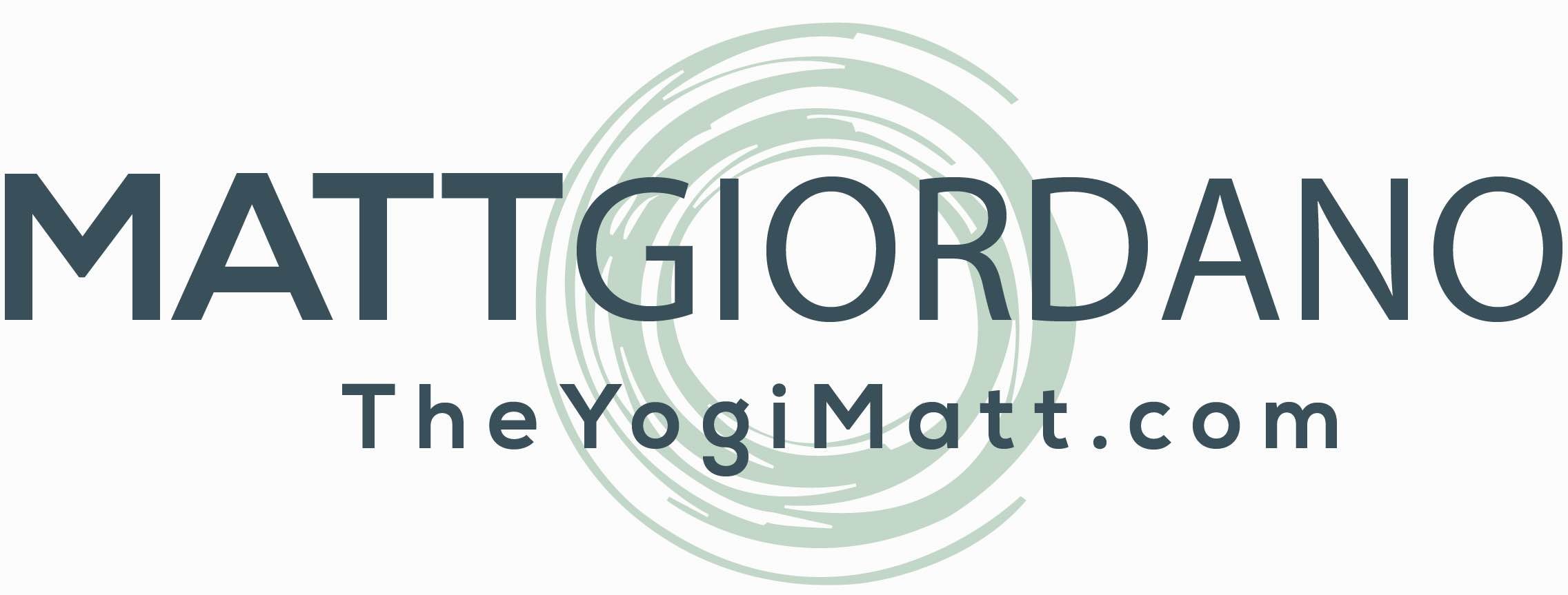
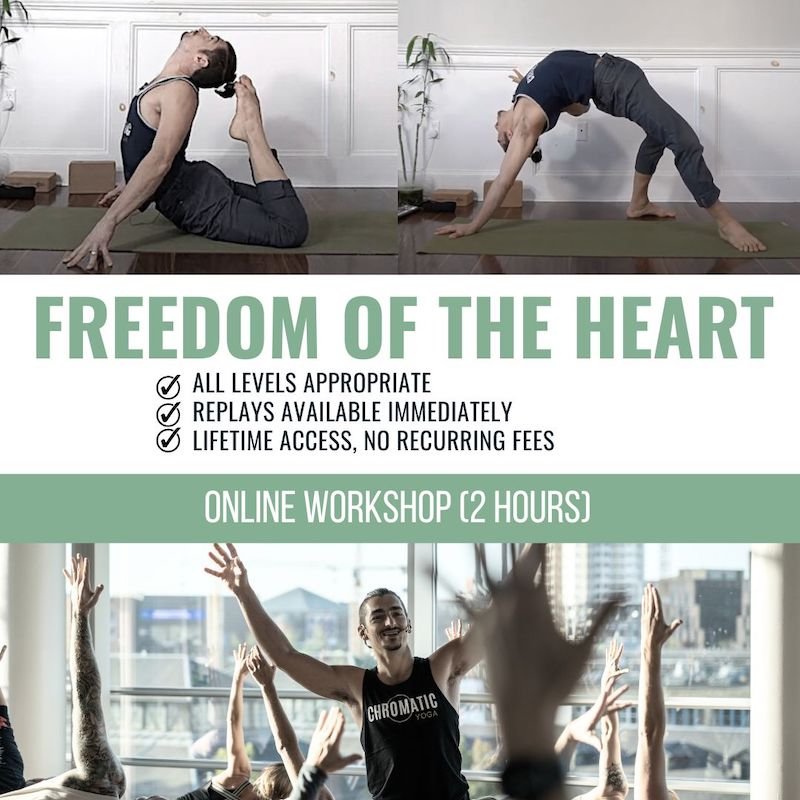



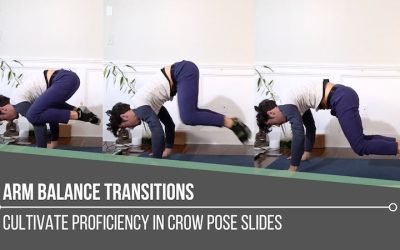
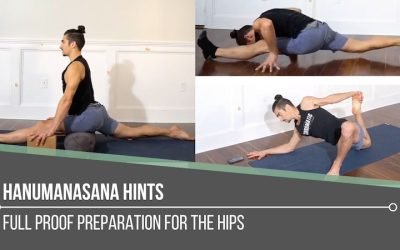
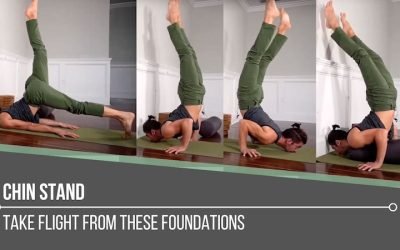
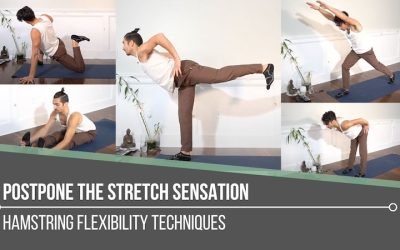
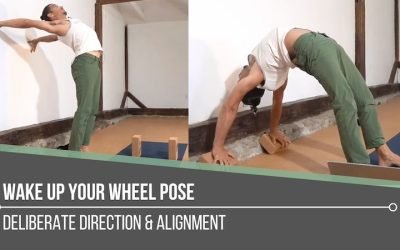
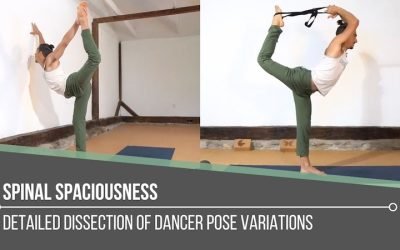
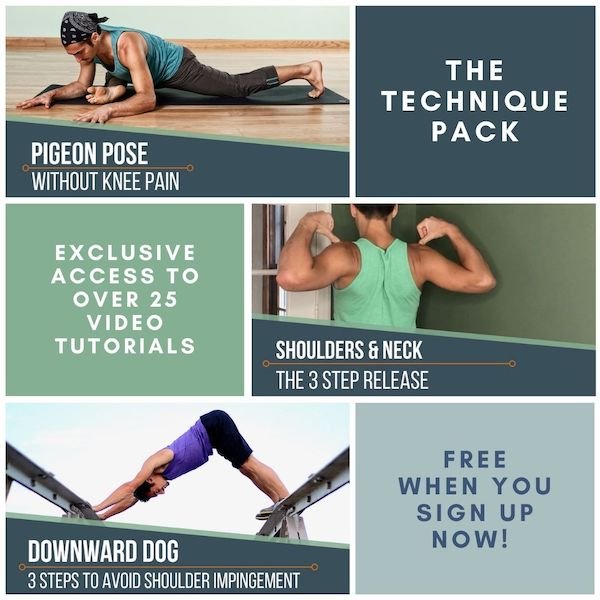
0 Comments